Reflections for a Mother's Day Sunday: The Lost Princess
“But there are victories far worse than defeats; and to overcome an angel too gentle to put out all his strength, and ride away in triumph on the back of a devil, is one of the poorest.”
I thought I would share a little story about The Lost Princess by George MacDonald. I love this book. It’s from those long-gone days when it was okay to write a story with a moral that taught children an important life lesson. Now it’s called being too preachy. Or being too white, and I’m not even going to explain that any further because by now, we all know what that means, so why give it more credence than it deserves.
One-time or recurring donations can be made at Ko-Fi
You can listen to me read this essay here:
Anyway, a long time ago, I illustrated The Lost Princess. Here’s the cover:
And here’s a detail:
Here’s the covers of some of my other children’s books.
The Lost Princess is about a very spoiled little girl named Rosamund, who lives a privileged life in a palace, as the daughter of the king and queen.
Rosamund’s parents don’t know what to do with her. She is ill-tempered and thinks only of herself. In one scene, she gets so angry at her parents that she throws her pet rabbit at them. (the color in this copy is terrible, sorry)
A Wise Woman comes to the palace and takes the princess away to a humble hut in the forest. The princess screams and stamps her foot, to no avail. After a time, Rosamund is exhausted, and the Wise Woman gives her a mirror and for the first time, she really looks at herself and is horrified by what she sees.
Rosamund then finds herself looking at a painting of a little girl in the beautiful countryside. Could the little girl be her? Oh, if only it was true! And suddenly, she finds herself inside the painting.
The Wise Woman has sent the princess to live with an ordinary family where she has to contribute like everyone else or she doesn’t eat. She learns the value of hard work. She learns to be thankful for the food on the table, for clean clothes, for a warm bed at night. She befriends a dog and learns to love and care for others. Her life changes. She repents of her selfishness and is returned to her parents, asking for their forgiveness.
As it turns out, the king and queen are even more blind than she is, and they cannot understand what she is talking about. And so, the Wise Woman strikes them both with actual blindness and they must be led by their daughter so that they, too, will learn humility.
When I think of this story, I think of our young people, screaming and stomping their feet in ignorance, demanding “rights” as if they are somehow lacking, when no one has taught them what’s truly important, or the concept of being thankful for it.
We need a Wise Woman to herd them all up, take them away to a place where they learn to appreciate freedom by experiencing actual oppression and hardship and, yes, even torture.
I think of the girls I taught in juvenile hall and how hard their lives had been growing up and how little compassion society had for them. Surely, their problems were all their own fault—they were monsters and needed to be locked up. In the meantime, parents in nicer neighborhoods spoiled their children and gave them whatever they wanted, not realizing the monsters they were creating.
I think of Elizabeth who was in juvenile hall at age fifteen for armed robbery. As with most of the girls, she had followed her homeboys on that fateful day, doing what they ordered her to do. After the robbery, they had run over a police officer and had been chased by the police all the way to the Mexican border where Elizabeth was shot in the back and captured.
In the hospital, Elizabeth had been so happy that her aunt came to visit, until she realized the only reason her aunt was there was to see if Elizabeth still the money from the robbery hidden in her panties. Of course, she didn’t.
In my writing class, Elizabeth often talked about her mother. She worried all the time, afraid that her mother would die before she ever got out to hug her and say good-bye. Her mother was all she had in the world.
On this Mother’s Day, here’s what Elizabeth had to say about her mother:
My Beautiful Mother
I remember before when my mother was so beautiful. She still is, but since she got heavily into drugs, she lost a lot of weight, lost her teeth. She now has sores all over her body. She has abscesses from where she missed her hit. She looks like a skeleton, and it kills me inside. But to me, she is and will always be my beautiful mother.
For Elizabeth, loving her mother wasn’t about what she could get of her mother, it wasn’t about her outward appearance or anything, really, except that she was her mother, and she loved her unconditionally. When Elizabeth read this piece at that steel table to the other girls in the writing class, we were overcome with grief. We cried for her pain. It still breaks my heart to this day.
The Lost Princess was my least successful children’s book. I earned a pittance in royalties. I thought it was a total failure until a few years after its release I got a letter from a principal of a school in New Jersey asking if I could sign a copy of the book for their library. It had been the favorite book of a little girl at the school and her sister, who had died of cancer. It had been the book that had helped them both through the most difficult time of their lives.
Most of the time we never know how our words or actions affect others. We go through life wrapped up in our own worries and so often feeling sorry for ourselves. The way to overcome our stress and worry and anxiety isn’t to take a pill or complain about it. The best way is to reach out to others, to think of what they might be going through and to have compassion. Even a smile or a kind word can change someone’s life, we just might never even know it.
From that principal’s letter, it was brought home to me how wrong it is to judge success by worldly standards. All the money in the world was nothing compared to the meaning The Lost Princess had had for those two little girls.
The Lost Princess offers us these wise words:
“Nobody who has not been tried knows how difficult it is; but whoever has come out well of it - and those who do not overcome never do come out of it - always looks back with horror, not on what she has come through, but on the very idea of the possibility of having failed and being still the same miserable creature as before.”
We are here on this planet not to complain and wallow in self-pity, but to embrace hardships knowing that it is in the darkest moments that we find the best of ourselves. It is when we face our worst enemy that we grow stronger. Most often, the worst enemy is us and we learn not to give in to our weakest, most cowardly parts of ourselves.
Somehow, we have lost the high calling of honor and duty. We don’t even realize how fortunate we are—despite all of our problems, despite all the corruption—to live in a country where we are still able to complain about our problems and that corruption, in protests, on TV, on social media. We don’t realize how easily it can all be taken away and how hard we will soon have to fight for it.
Harsher days are ahead.
“People are so ready to think themselves changed when it is only their mood that is changed. Those who are good-tempered because it is a fine day will be ill-tempered when it rains: their selves are just the same both days; only in one case the fine weather has got into them, in the other the rainy.”
It’s easy to be arrogant in fair weather. I pray that when those harsh days come, like Rosamund, our young people—and, indeed, all of us—will wake up to how easy we have had it, and how little we have appreciated our freedoms. We will learn a new feeling, real fear. How will we deal with it?
There is no shame in admitting our fear. In fact, there is arrogance and stupidity in denying that we have it because that means we don’t even understand how to prepare for the dangers that lie ahead. Fear can immobilize those who have never really had anything to be afraid of. They don’t understand that fear is the friend of the wise.
“Whether it is a good thing or a bad thing not to be afraid depends on what the fearlessness is founded upon. Some know no fear because they have no knowledge of the danger; there is nothing fine in that. Some are too stupid to be afraid; there is nothing fine in that. Some who are not easily frightened would yet turn their backs and run the moment they were frightened; such never had more courage than fear. But the person who will do his or her work in spite of his or her fear is a person of true courage.”
I pray we will rise to the occasion and not fall back in defeat because we have grown so soft that we are overcome by fear instead of embracing it and plunging into the battles. No longer knowing how to fight real battles, no longer even able to judge what a real battle is. Battles where if we can’t even figure out which side is right and which side is wrong, we are in danger of losing our souls before we realize what has happened to us.
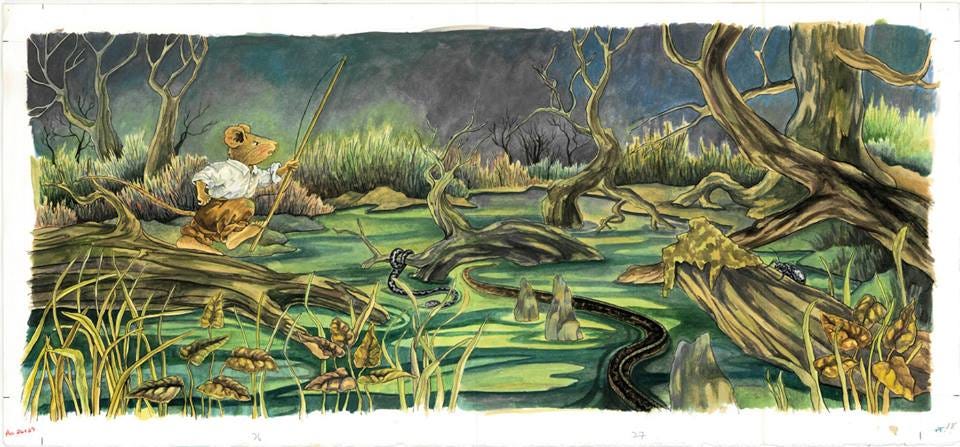
“But there are victories far worse than defeats; and to overcome an angel too gentle to put out all his strength, and ride away in triumph on the back of a devil, is one of the poorest.”




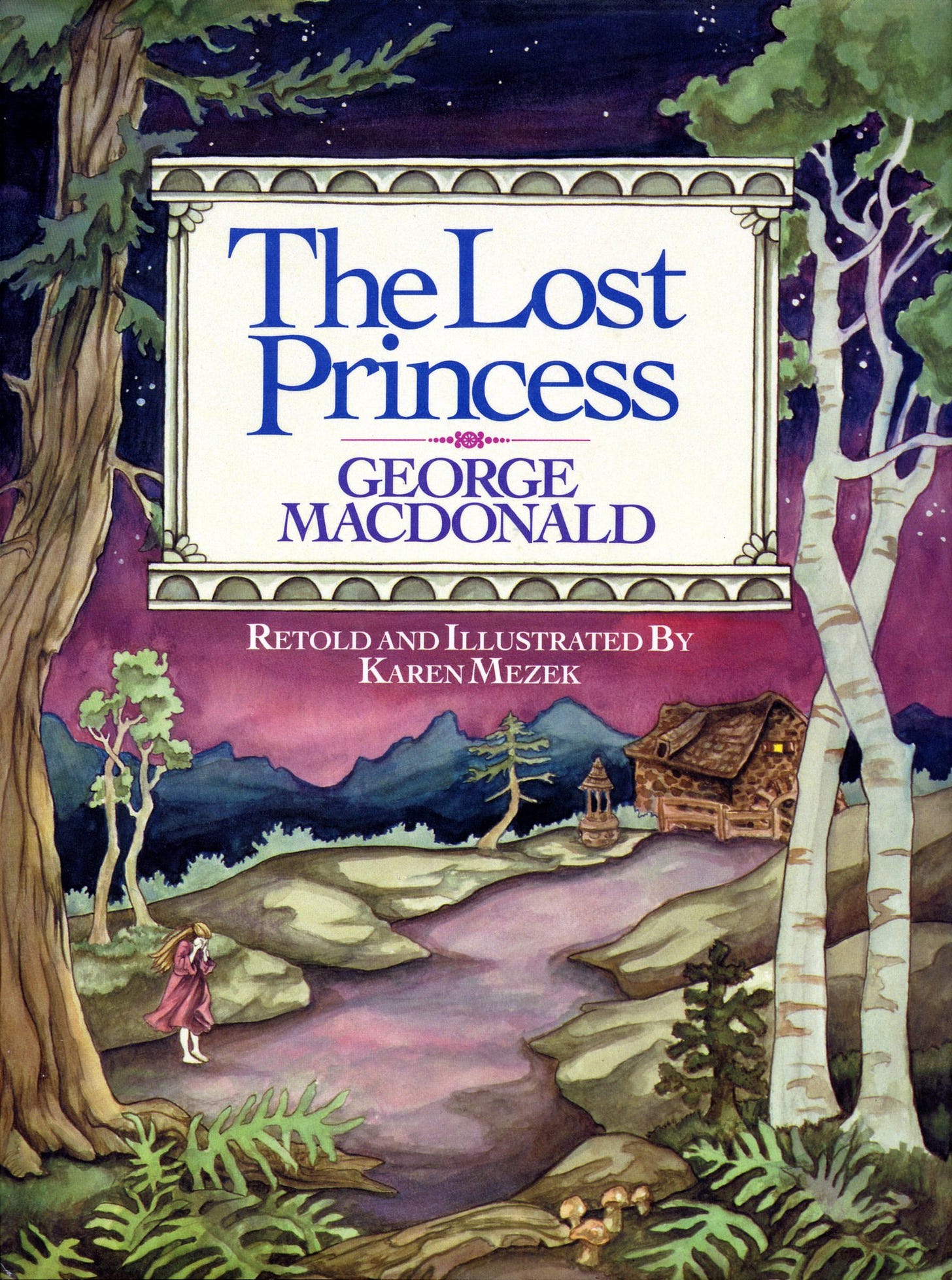
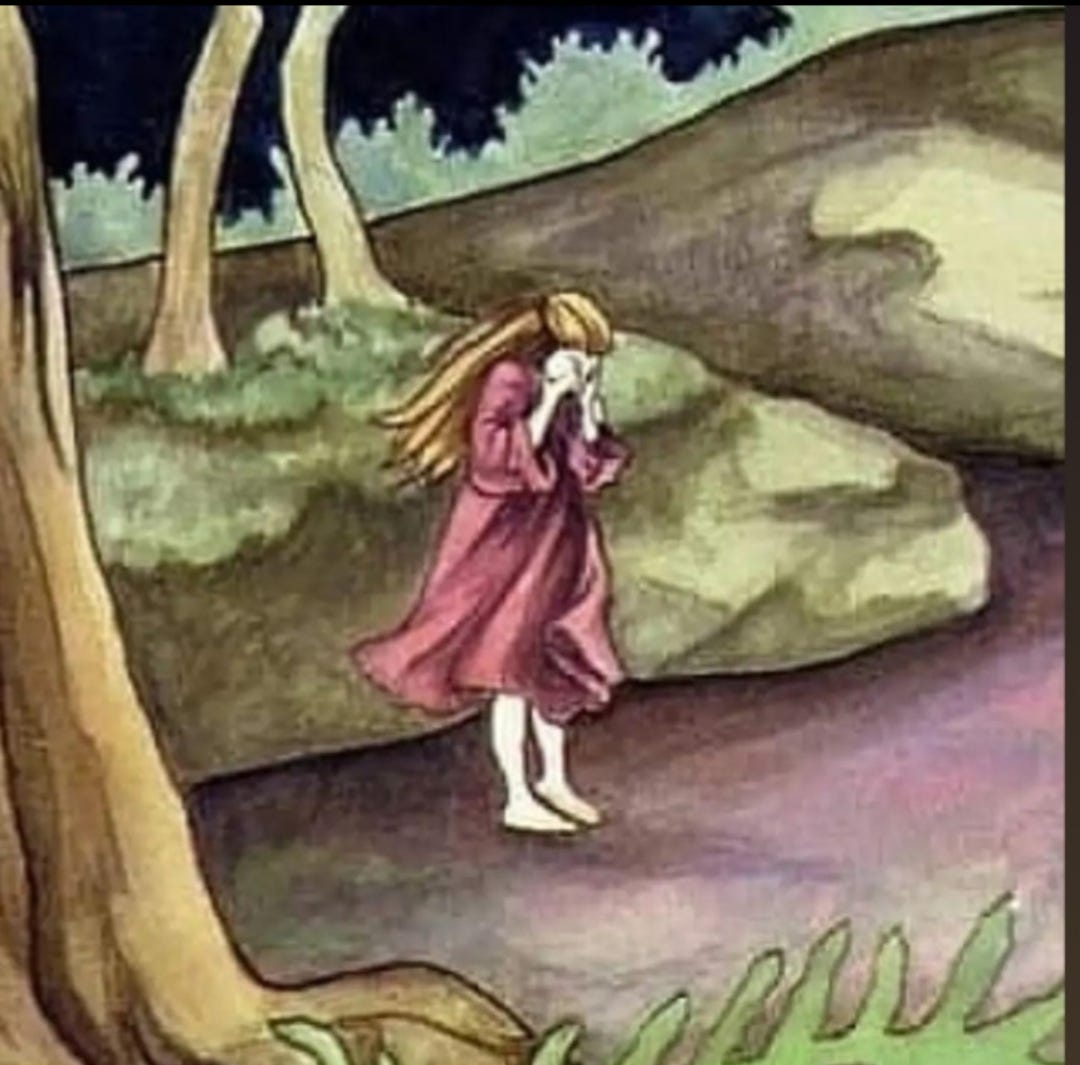
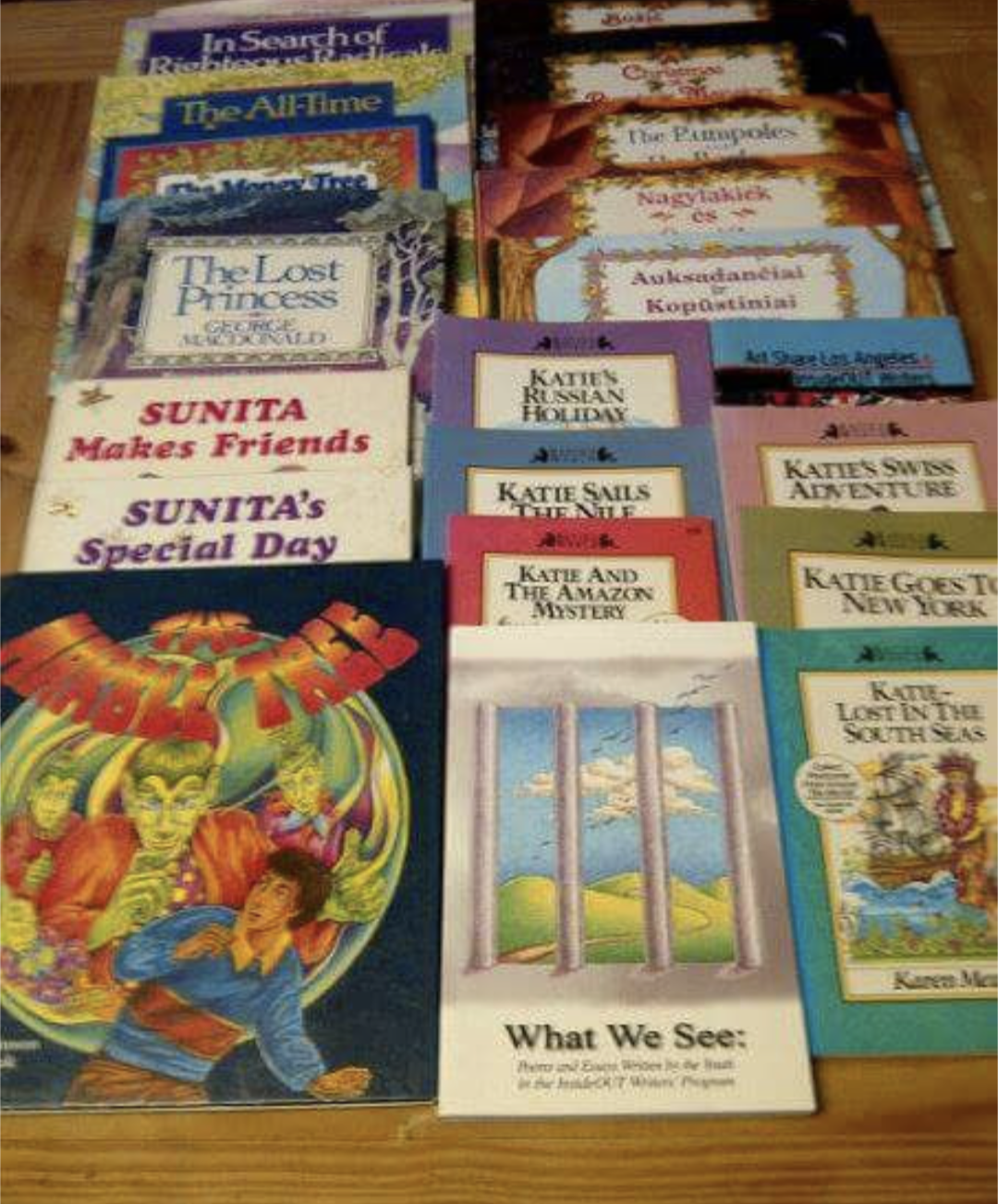
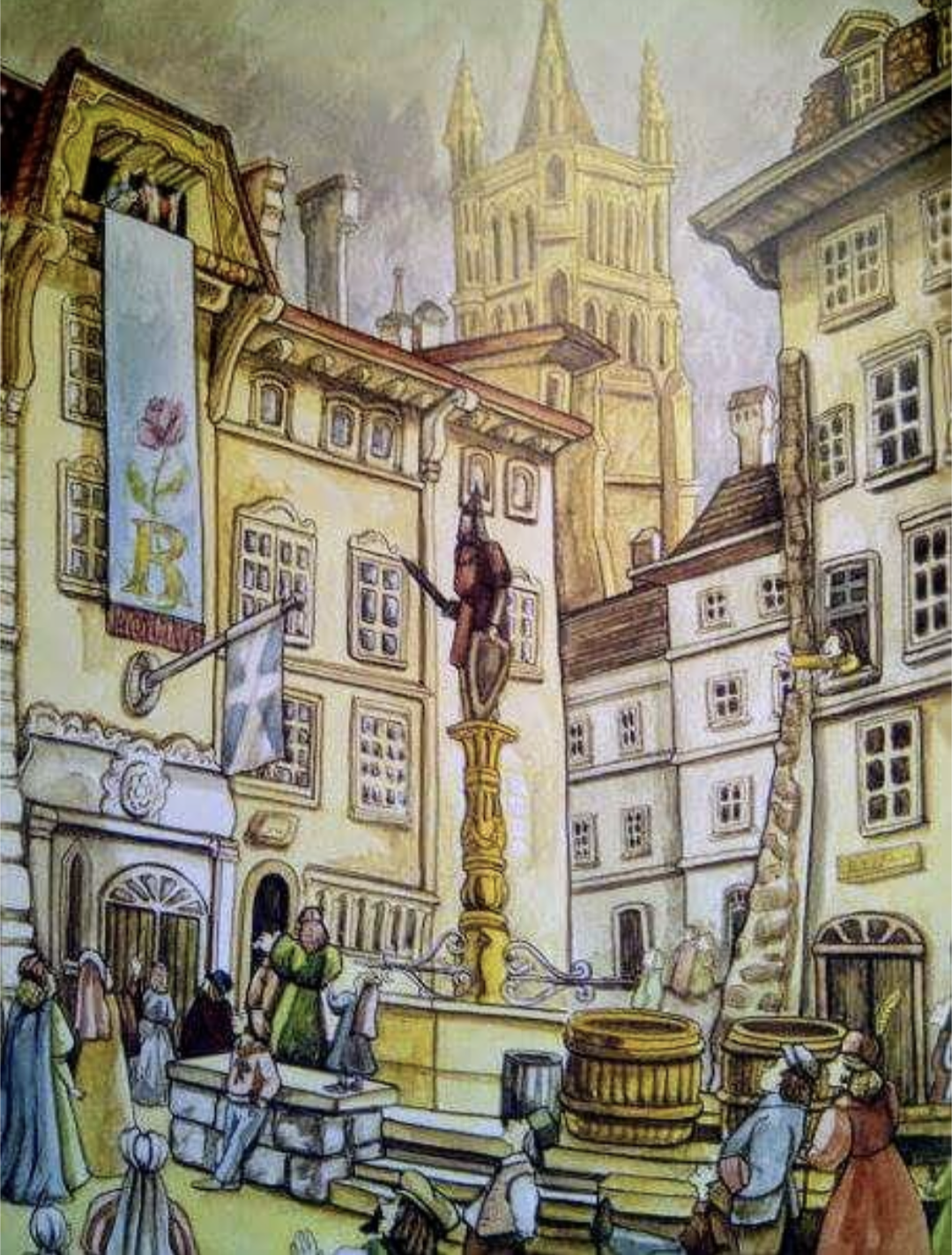
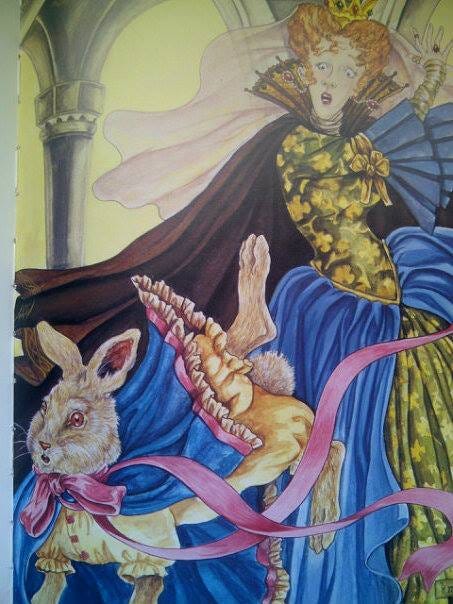
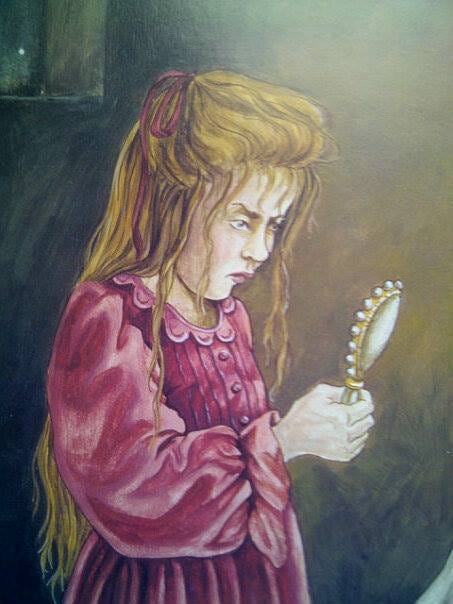
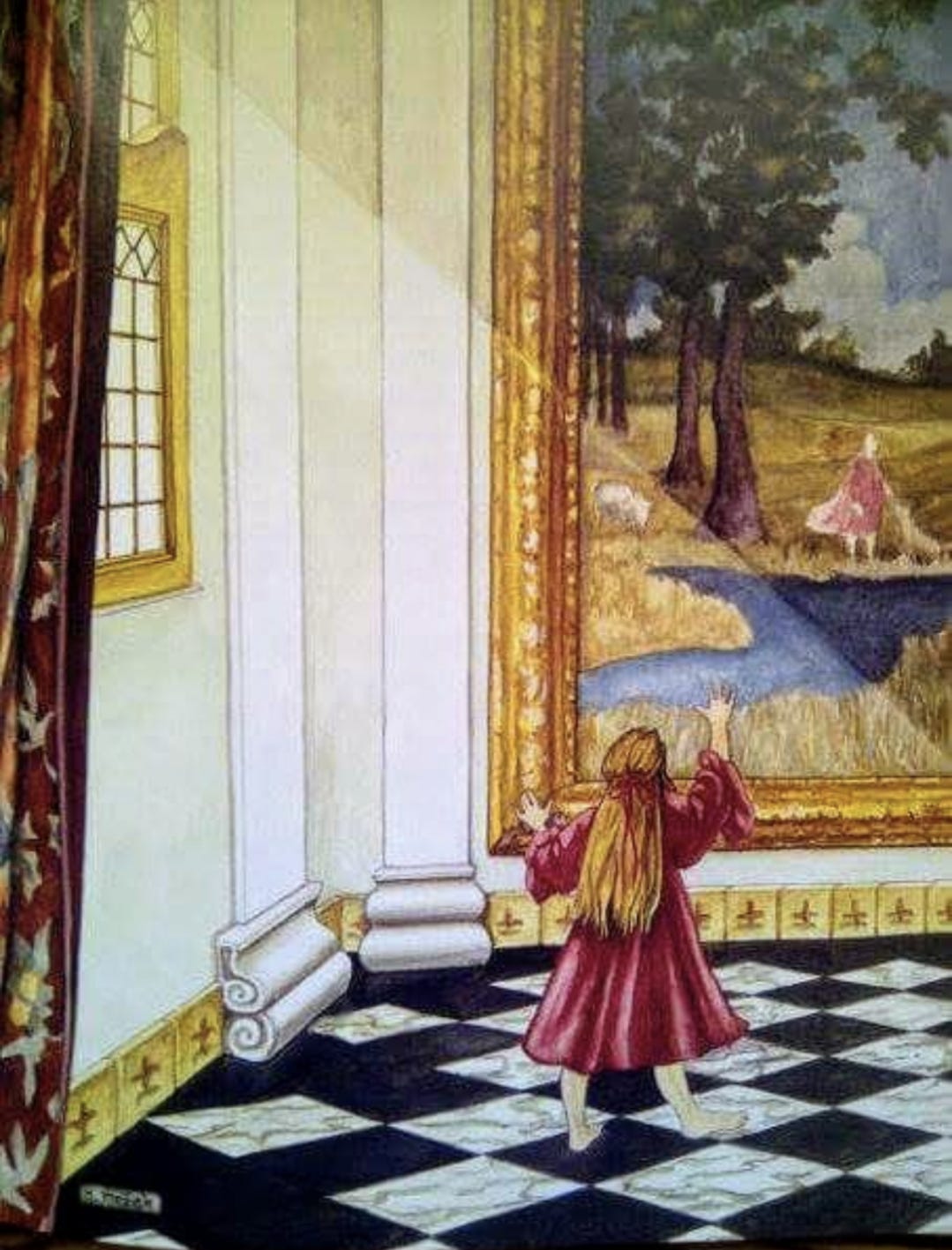
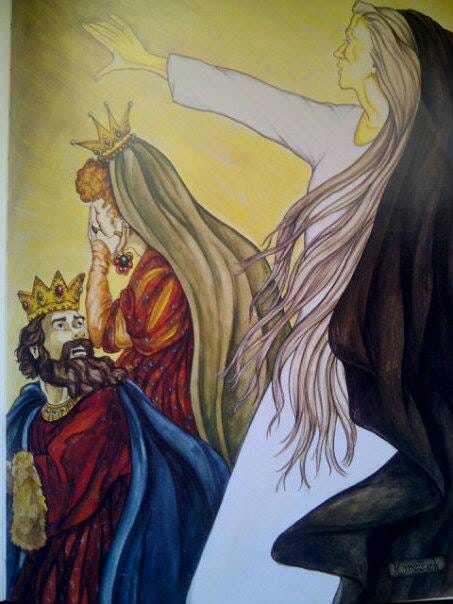
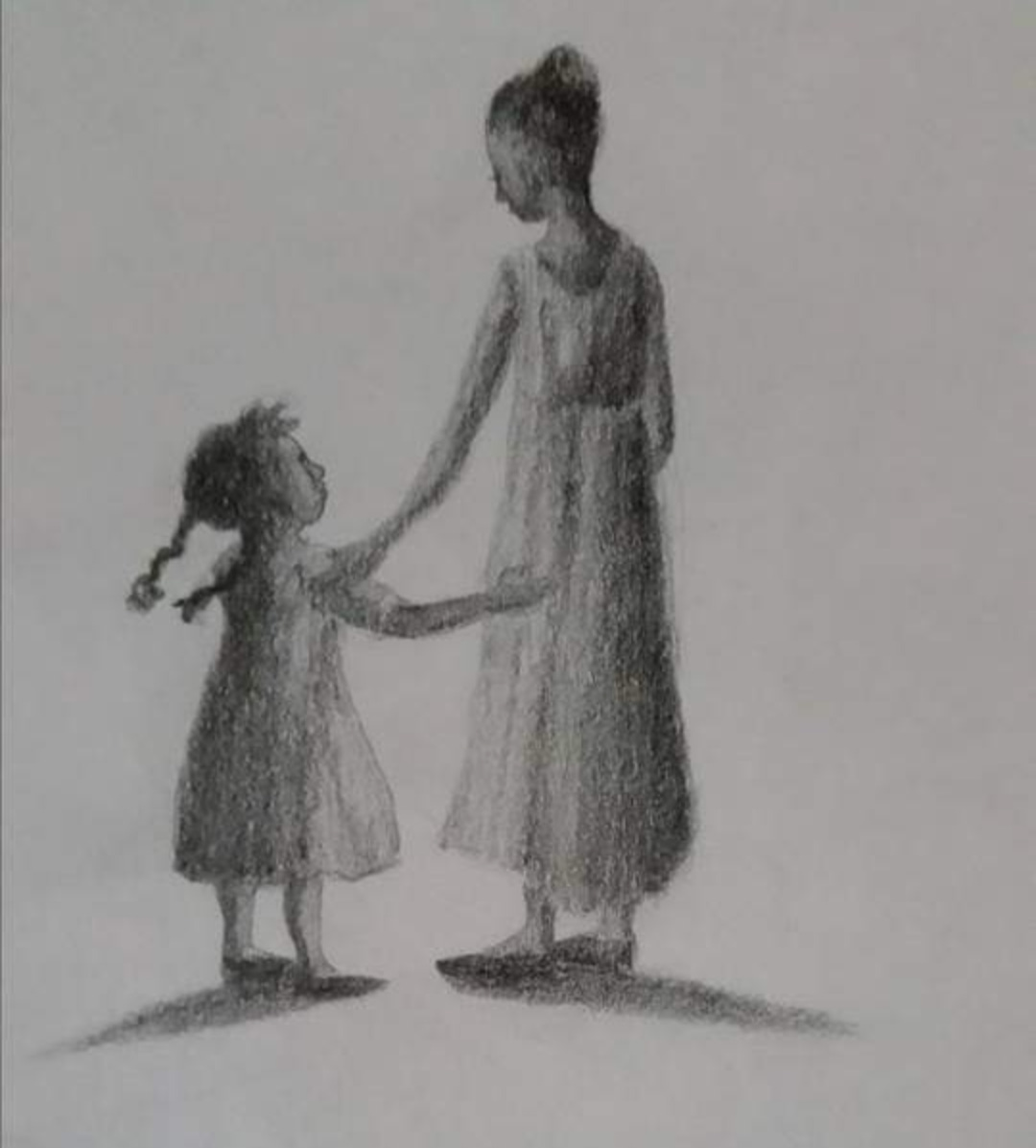
Poignant. Happy Mothers Day 💐
Thank you for the audio - it was a good way today for me to take this in. Happy Mother’s Day.